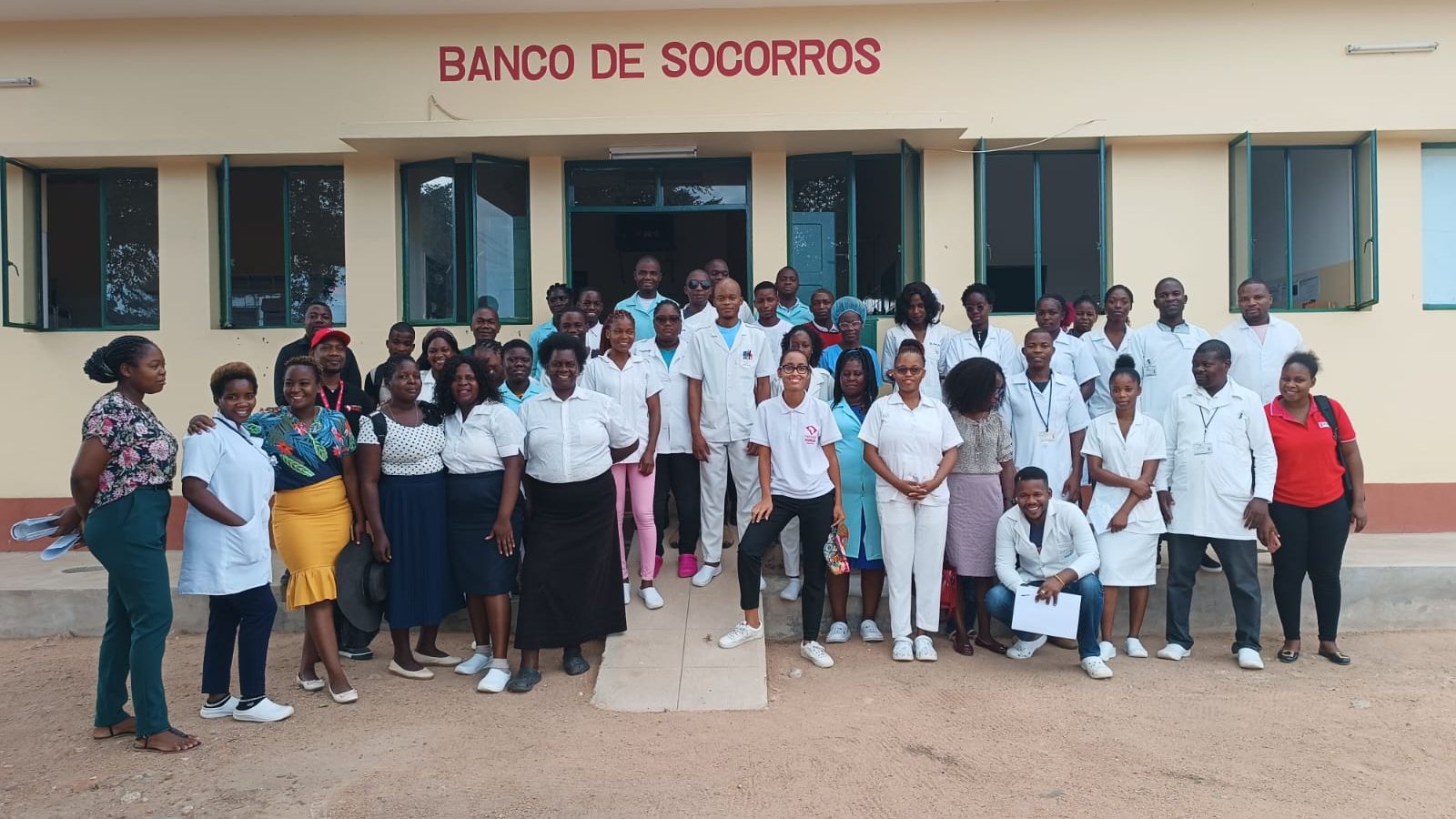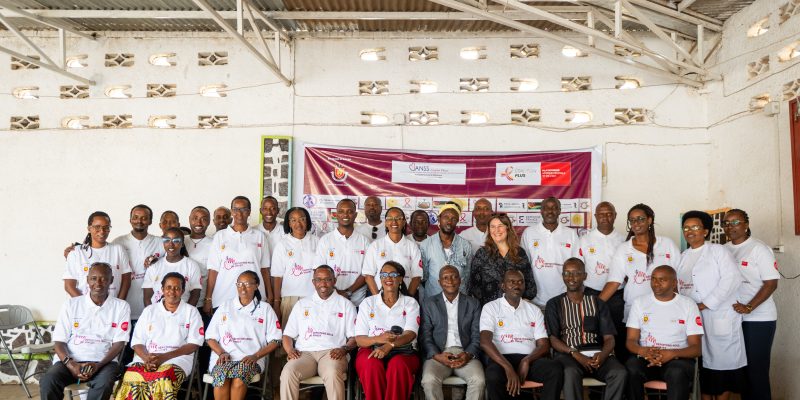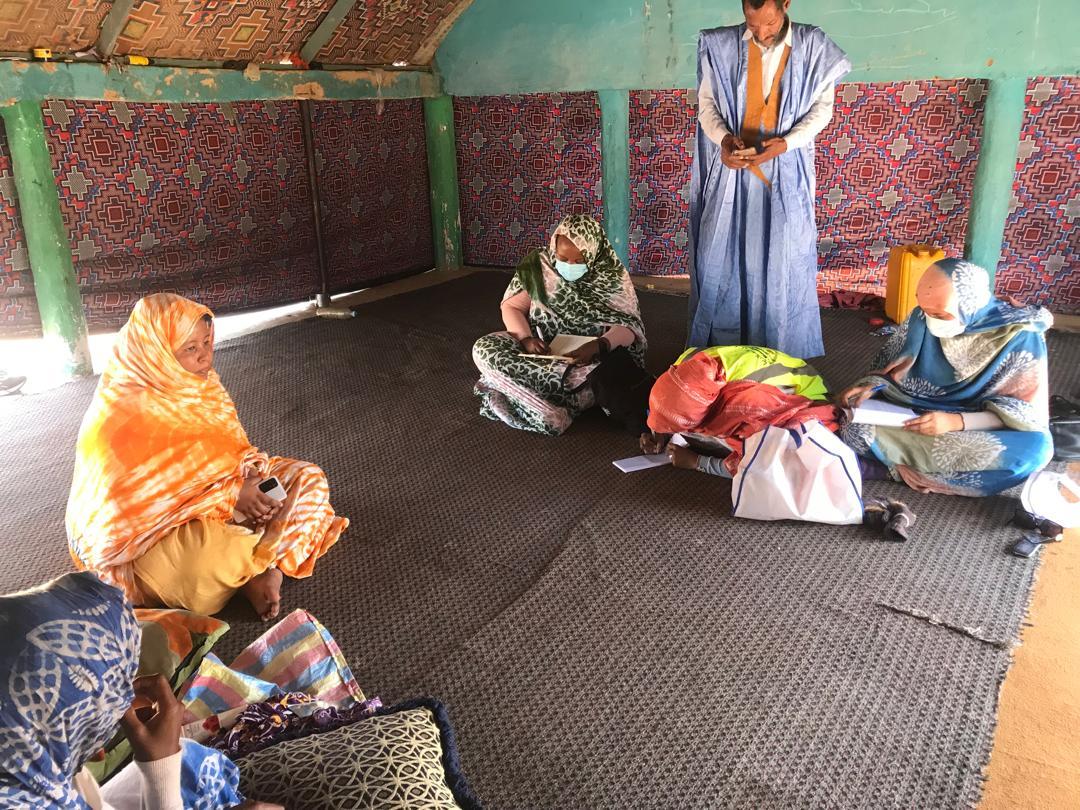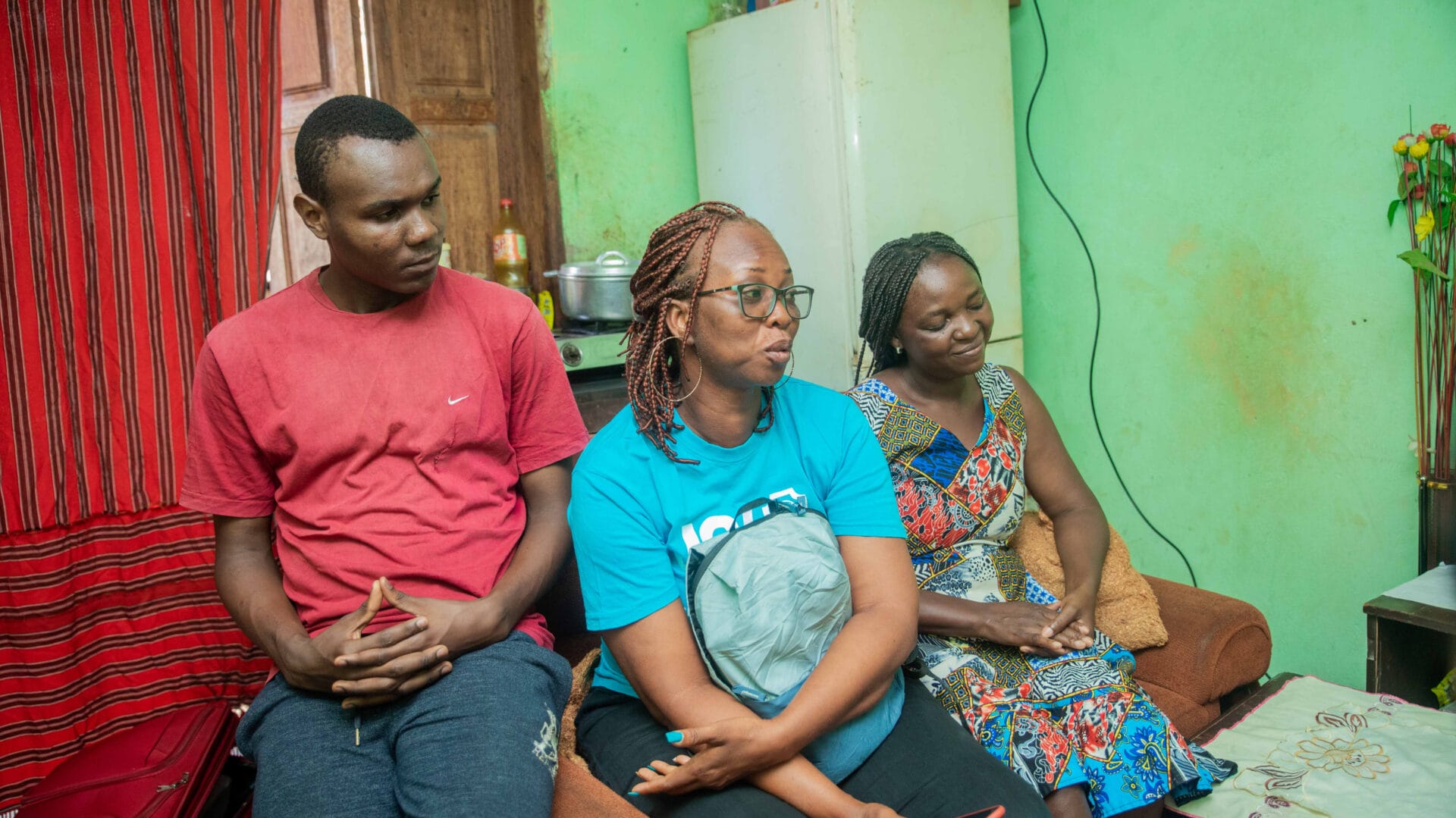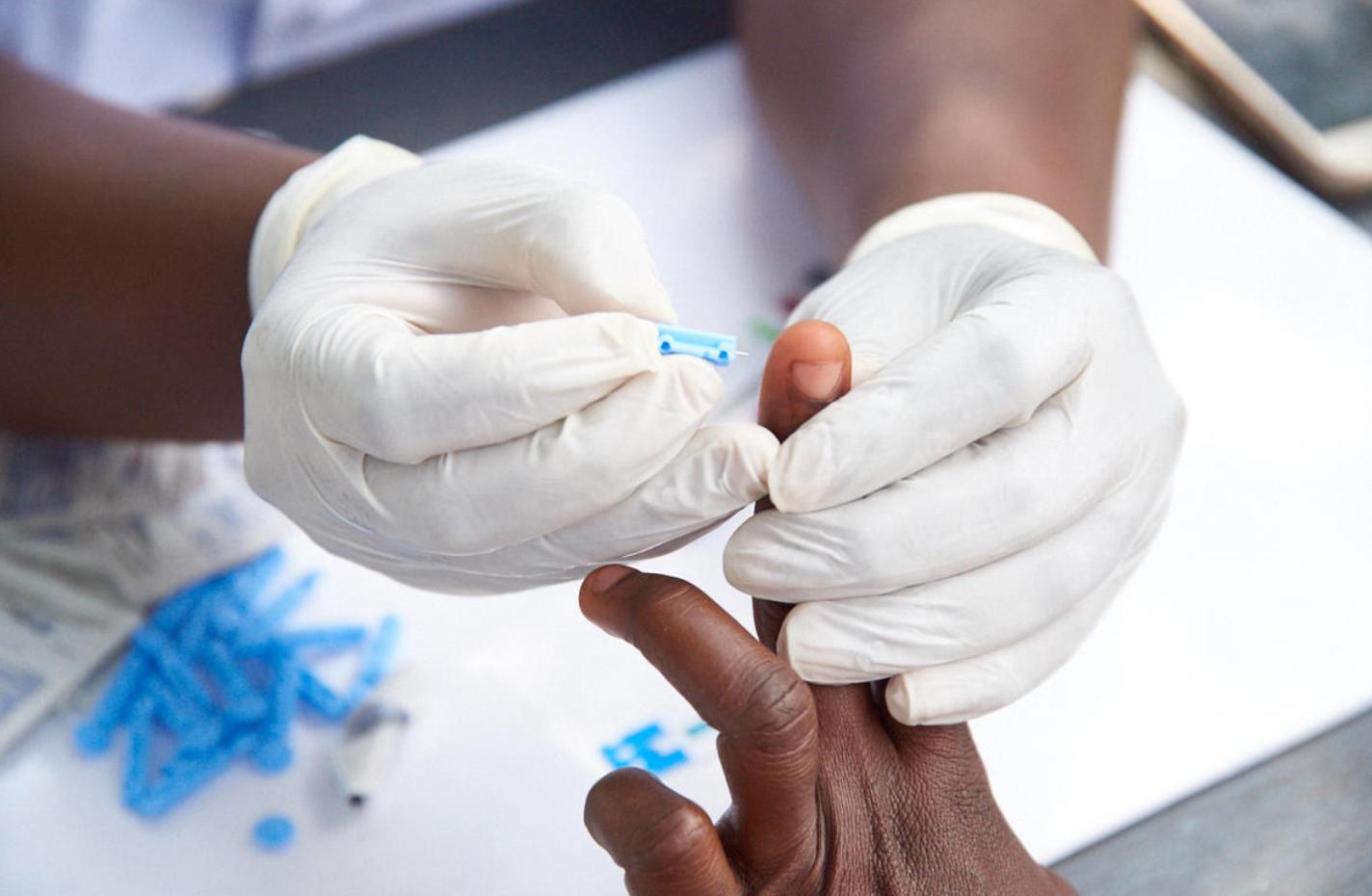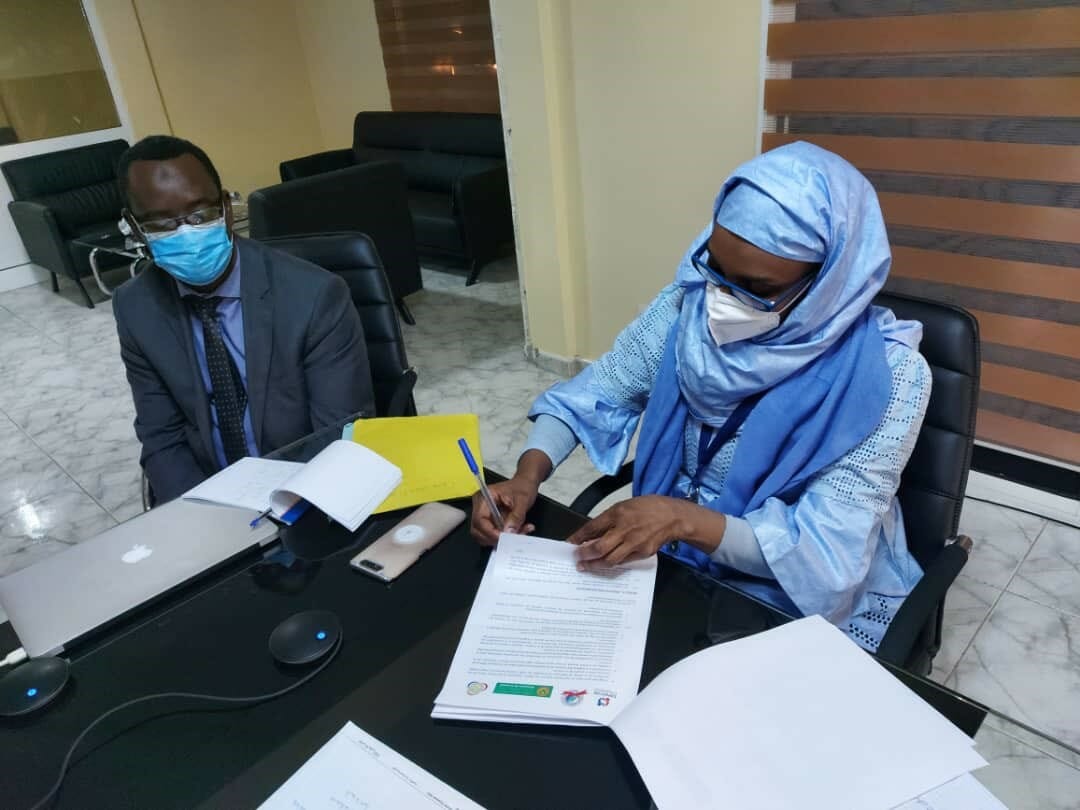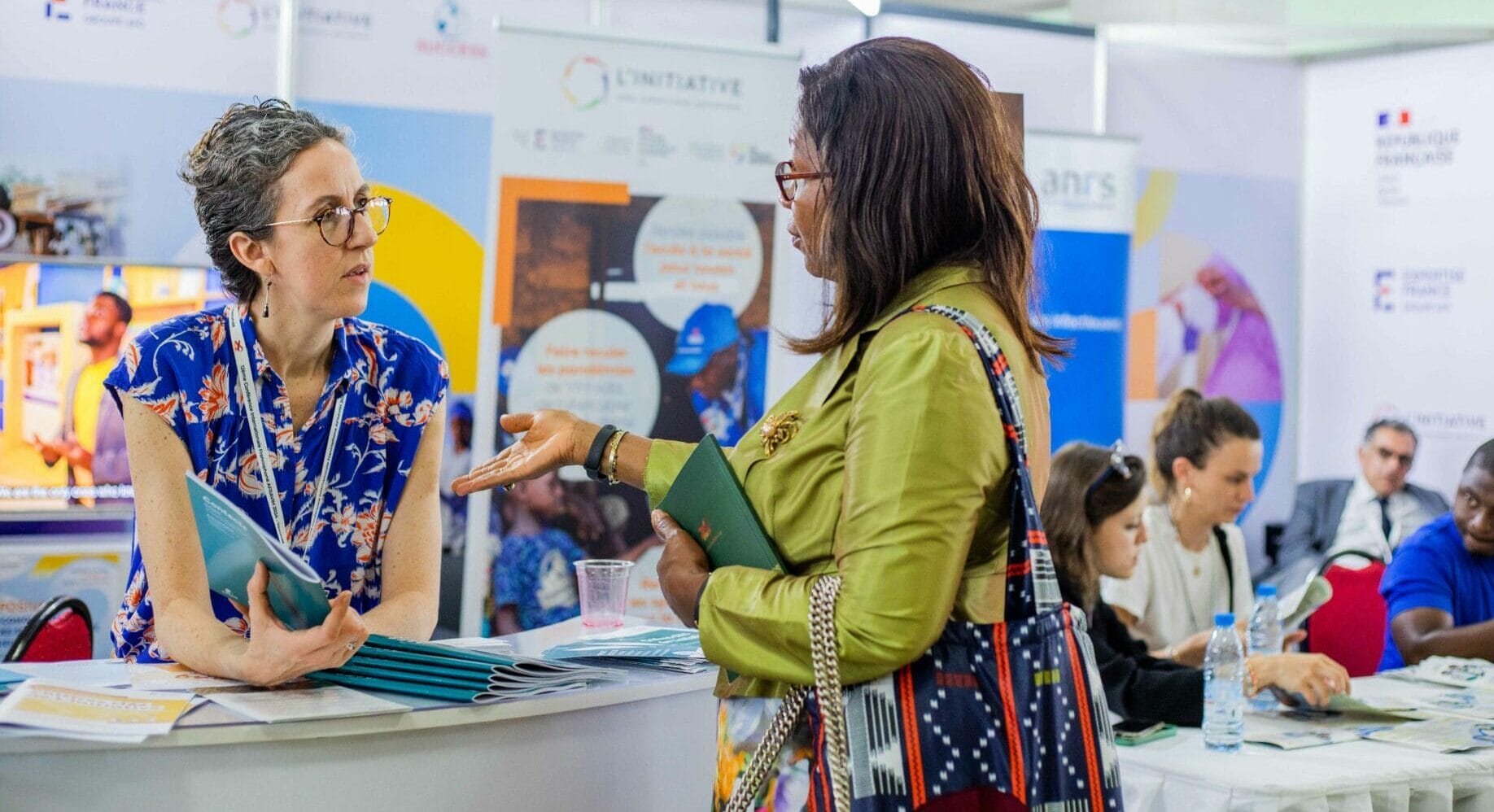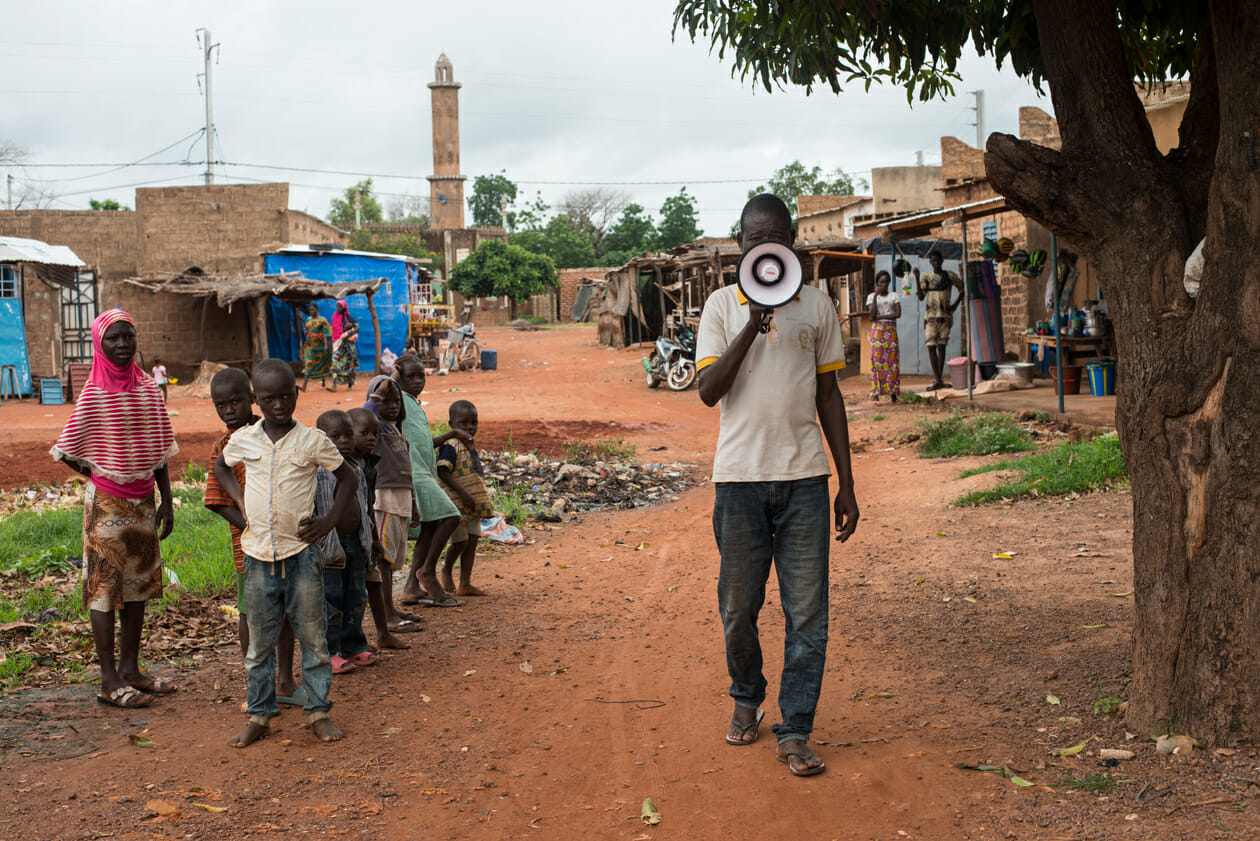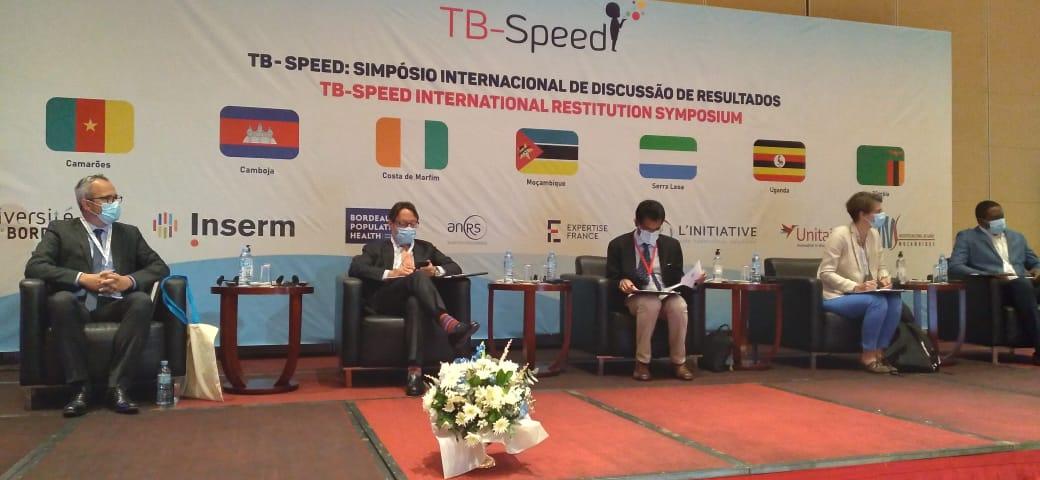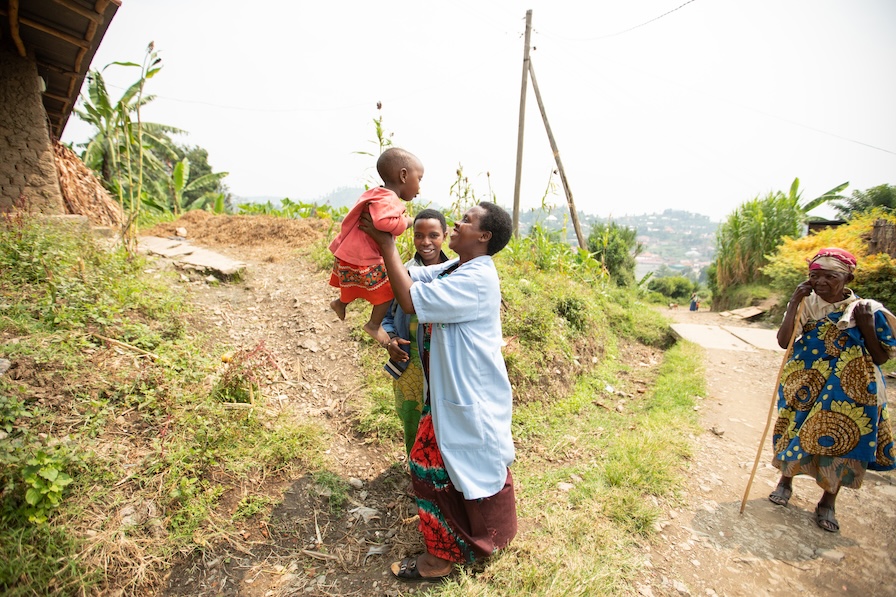Fighting Tuberculosis in Mozambique
In 10 years, tuberculosis-related deaths have decreased threefold in Mozambique. Yet, the country remains one of those with the highest incidence of the disease worldwide, with 121,000 cases recorded in 2023. The challenges posed by the epidemic are numerous in this southern African country: access to diagnostics and treatment, pediatric tuberculosis, and healthcare worker safety. Through its support for several projects, L’Initiative is actively working on the ground to curb the spread of this infectious disease, the deadliest in the world.
Cyclones, floods, and droughts hit Mozambique and its 33.6 million inhabitants, who are heavily affected by climate change. The country is also experiencing a surge in violence following the October 2024 presidential and legislative elections, which international and local observers reported were marred by irregularities. As unrest intensifies, the country is sinking deeper into crisis.
One of the Countries Most Affected by Pandemics Worldwide
Mozambique is among the world’s poorest nations and one of the hardest hit by pandemics. HIV prevalence is alarmingly high, with 11.5% of Mozambicans aged 15 to 49 living with the virus. “Coupled with extreme poverty, HIV is a key driver of tuberculosis prevalence, which remains the leading cause of death among co-infected patients,” explains Dr. Thomas Mourez, Regional Global Health Advisor (CRSM) for Southern Africa, stationed at the French Embassy in South Africa, Lesotho, and Malawi. “Providing care for these patients is a major challenge”. Mozambique is a vast country, covering 800,000 square kilometers, yet healthcare services remain severely underdeveloped in provinces far from the capital, Maputo,” adds the virologist. The mobilization of the Global Fund and health organizations has significantly reduced tuberculosis-related deaths, particularly due to a sevenfold increase in the number of people receiving antiretroviral treatment over the past decade. However, far too many people still lack access to healthcare. When it comes to tuberculosis, the shortage of well-trained and competent healthcare professionals remains a critical issue.
“Tuberculosis screening in Mozambique is sometimes inadequate: the populations most affected are not always those with the best access to testing,” says Dr. Mourez. Children are the first to suffer, as they are not adequately cared for within the existing healthcare systems. Yet, early diagnosis can save lives and help limit the spread of the epidemic.
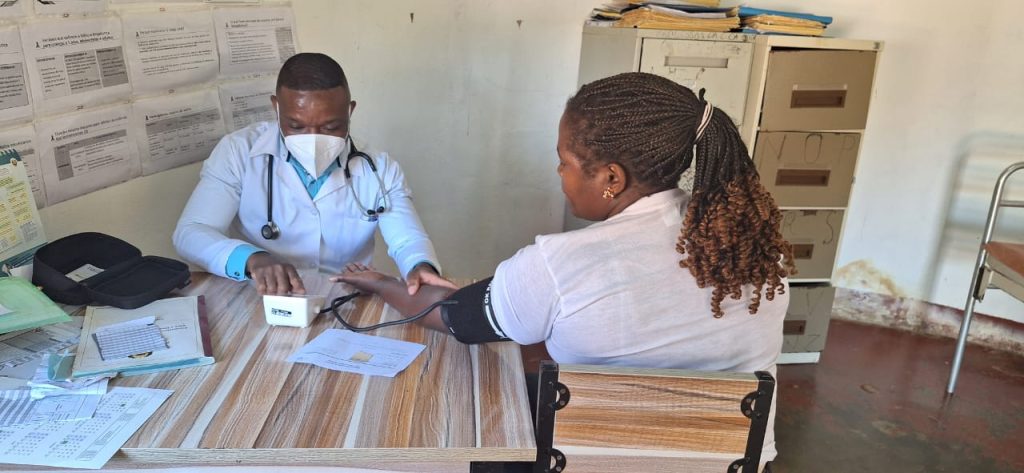
Technology at the Service of the Fight Against Pediatric Tuberculosis
To strengthen the response to the major challenge of pediatric tuberculosis, L’Initiative supports projects focused on new screening and treatment approaches, such as the TB-Speed project led by the University of Bordeaux. Another project led by the University of Bordeaux teams, eHealth4ChildTB, has been funded by L’Initiative since July 2024. Its goal is to improve the management of the disease in children by ensuring better implementation of the World Health Organization’s (WHO) treatment recommendations.
One of the key aspects of the project is the decentralization of the National Tuberculosis Control Program’s services to local healthcare facilities, using innovative digital tools. “The deployment of these new technological tools helps bridge the critical gap in trained doctors in areas far from the capital,” explains Dr. Mourez. In practical terms, mobile chest X-ray devices, directly connected to centralized servers and supported by artificial intelligence programs, will be deployed in the field. These portable devices can be used anywhere in the country, allowing locally taken X-rays to be transmitted to a single reference center, where radiologists will analyze the images remotely. Ultimately, the goal is to ensure that field teams can deliver treatment promptly upon radiological confirmation, systematically following the World Health Organization’s (WHO) screening algorithms. With this comprehensive and expedited approach, young patients requiring treatment would no longer risk being lost to follow-up.
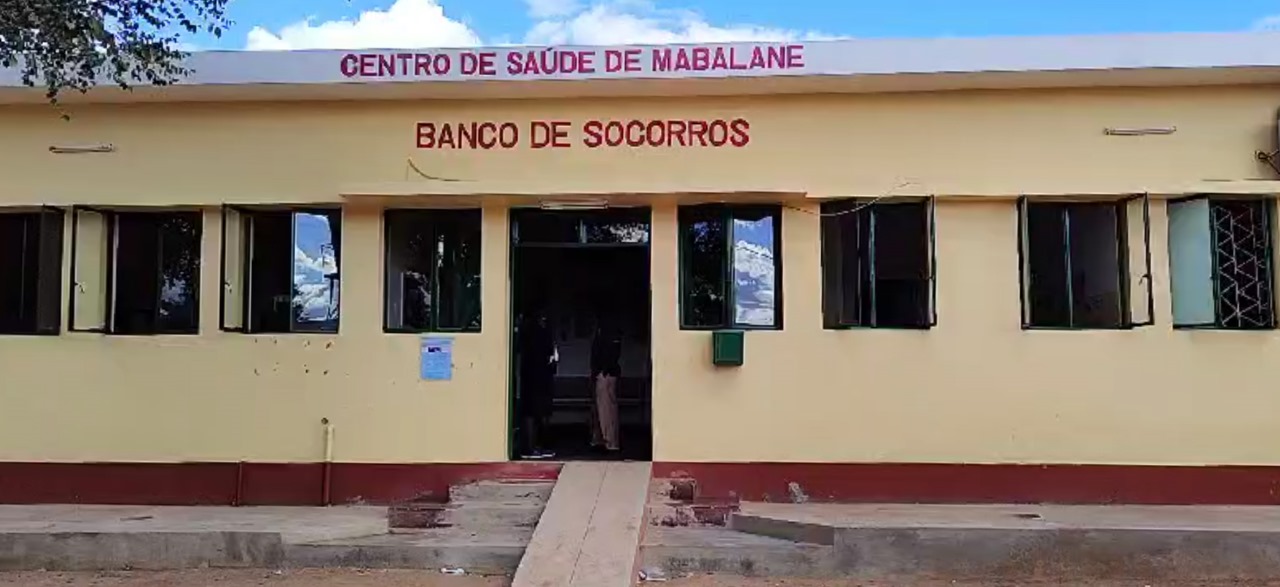
Committing to Healthcare Workers’ Well-being
In Mozambique, L’Initiative is also investing in the health of healthcare workers through the Health to Healthcare Workers project, in partnership with Fundação Aurum. “The initial hypothesis is that healthcare personnel are more exposed to tuberculosis and at higher risk of infection due to their regular contact with patients. With this project, the goal is to improve prevention measures and occupational health services available to them,” explains the Regional Global Health Advisor (CRSM).
Deployed in Gaza Province and in southern Mozambique, Health to Healthcare Workers focuses on recruiting and training specialized hygiene teams for tuberculosis control among healthcare personnel in the region. These teams will visit health facilities across the 14 districts in the area to conduct regular screenings for tuberculosis, as well as other diseases, such as HIV and diabetes, among healthcare workers. Through these tests, the Mozambican Ministry of Health will gather valuable data on disease incidence, as well as the accessibility and feasibility of screening for healthcare professionals. Additionally, a survey will be conducted among healthcare workers to assess the feasibility and acceptability of tuberculosis screening and other health interventions. All this information will contribute to the development and implementation of the national strategic plan for occupational health in the healthcare sector.
Tuberculosis in Mozambique, as elsewhere, presents a cruel paradox: effective treatments exist to curb the disease, yet they remain out of reach due to a lack of equitable access to diagnosis and care. By supporting innovative technologies and strategies for screening and treatment, L’Initiative works alongside its partners to halt the spread of the disease.
